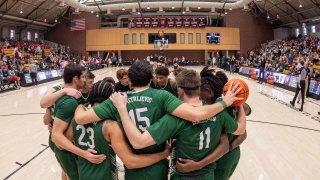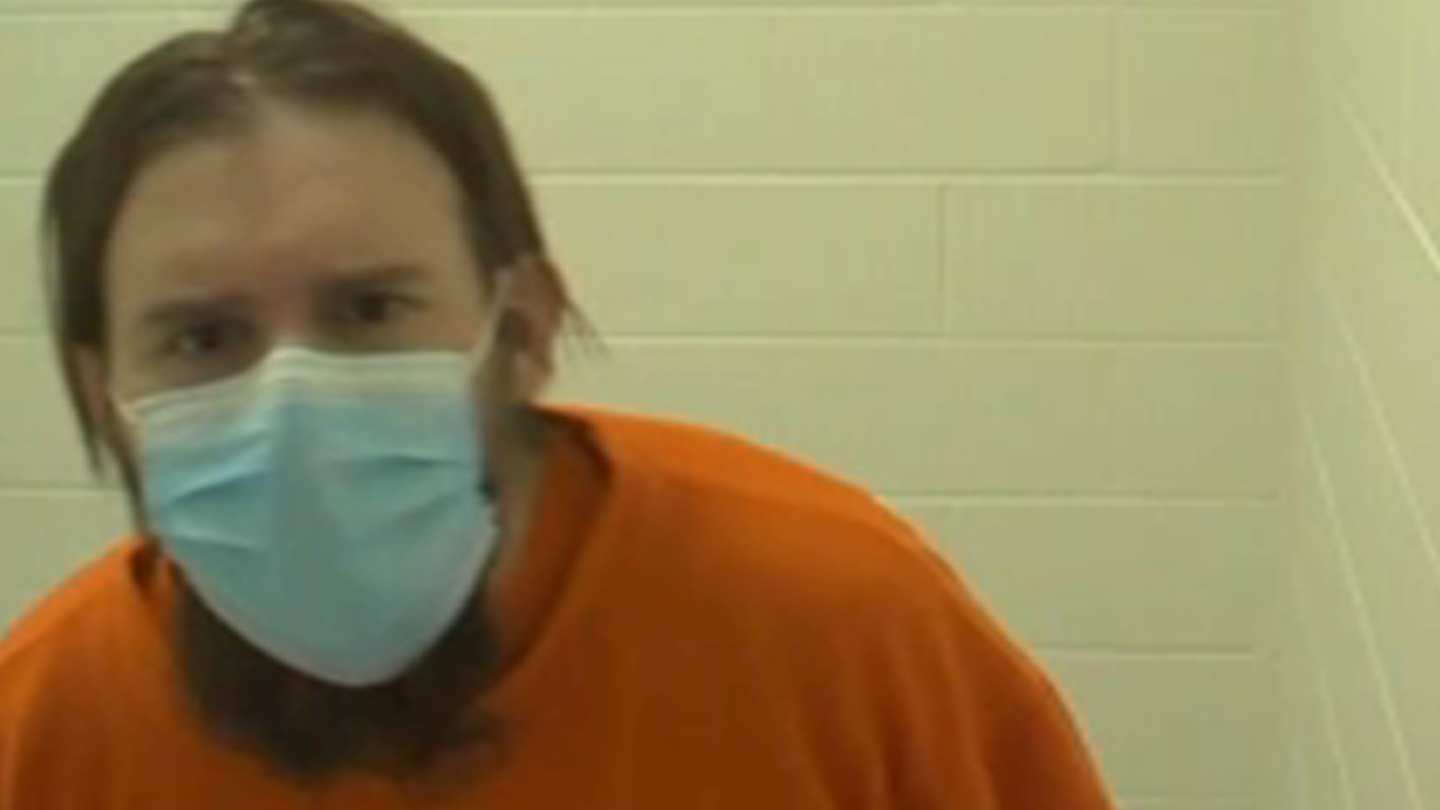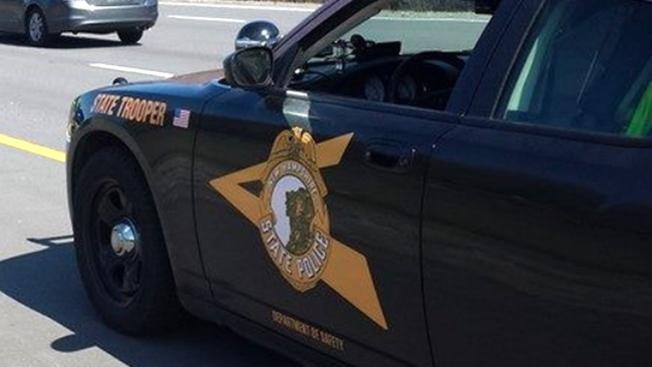
The Dartmouth men's basketball team voted to unionize Tuesday in an unprecedented step toward forming the first labor union for college athletes and another attack on the NCAA's deteriorating amateur business model.
In an election supervised by the National Labor Relations Board in the school's Human Resources offices on the Hanover, New Hampshire, campus, the players voted 13-2 to join Service Employees International Union Local 560, which already represents some Dartmouth workers.
The school can still appeal to the NLRB and the federal courts, which could delay negotiations over a collective bargaining agreement until long after the current members of the basketball team have graduated.
NLRB regional director Laura Sacks had denied the school's request on Monday, saying there was no new evidence that wasn’t previously available to Dartmouth. Sacks ruled on Feb. 5 that Dartmouth basketball players are employees of the school, clearing the way for the election on whether they want to unionize.
Get Boston local news, weather forecasts, lifestyle and entertainment stories to your inbox. Sign up for NBC Boston’s newsletters.
All 15 members of Dartmouth’s basketball team signed the initial petition asking to be represented by the Service Employees International Union, which already includes some Dartmouth workers. One of the players, Romeo Myrthil, said last month that he had no reason to expect anything different when the players vote.
The final outcome of the case could mean the end of the NCAA's amateurism model, which already has begun to crumble.
The NCAA has long maintained players are “student-athletes” — a term created to emphasize that education comes first. But the NLRB ruling found that the school exerted enough control over the players' working conditions to make them employees.
In a previous case involving the Northwestern football team, the labor relations board overturned a regional official’s similar ruling on a technicality that doesn’t apply in the Dartmouth case.



